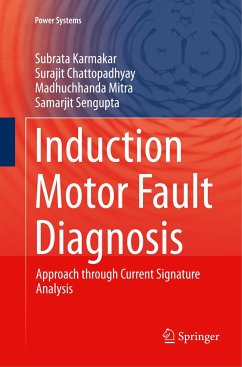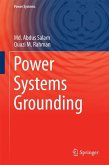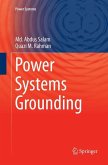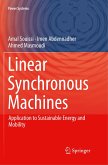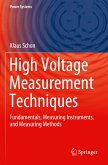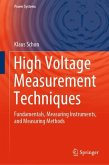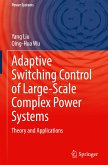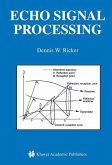This book covers the diagnosis and assessment of the various faults which can occur in a three phase induction motor, namely rotor broken-bar faults, rotor-mass unbalance faults, stator winding faults, single phasing faults and crawling.
Following a brief introduction, the second chapter describes the construction and operation of an induction motor, then reviews the range of known motor faults, some existing techniques for fault analysis, and some useful signal processing techniques. It includes an extensive literature survey to establish the research trends in induction motor fault analysis.
Chapters three to seven describe the assessment of each of the five primary fault types. In the third chapter the rotor broken-bar fault is discussed and then two methods of diagnosis are described; (i) diagnosis of the fault through Radar analysis of stator current Concordia and (ii) diagnosis through envelope analysis of motor startup current using Hilbert and Wavelet Transforms. In chapter four, rotor-mass unbalance faults are assessed, and diagnosis of both transient and steady state stator current has been analyzed using different techniques. If both rotor broken-bar and rotor-mass unbalance faults occur simultaneously then for identification an algorithm is provided in this chapter. Chapter five considers stator winding faults and five different analysis techniques, chapter six covers diagnosis of single phasing faults, and chapter seven describes crawling and its diagnosis.
Finally, chapter eight focuses on fault assessment, and presents a summary of the book together with a discussion of prospects for future research on fault diagnosis.
Following a brief introduction, the second chapter describes the construction and operation of an induction motor, then reviews the range of known motor faults, some existing techniques for fault analysis, and some useful signal processing techniques. It includes an extensive literature survey to establish the research trends in induction motor fault analysis.
Chapters three to seven describe the assessment of each of the five primary fault types. In the third chapter the rotor broken-bar fault is discussed and then two methods of diagnosis are described; (i) diagnosis of the fault through Radar analysis of stator current Concordia and (ii) diagnosis through envelope analysis of motor startup current using Hilbert and Wavelet Transforms. In chapter four, rotor-mass unbalance faults are assessed, and diagnosis of both transient and steady state stator current has been analyzed using different techniques. If both rotor broken-bar and rotor-mass unbalance faults occur simultaneously then for identification an algorithm is provided in this chapter. Chapter five considers stator winding faults and five different analysis techniques, chapter six covers diagnosis of single phasing faults, and chapter seven describes crawling and its diagnosis.
Finally, chapter eight focuses on fault assessment, and presents a summary of the book together with a discussion of prospects for future research on fault diagnosis.

